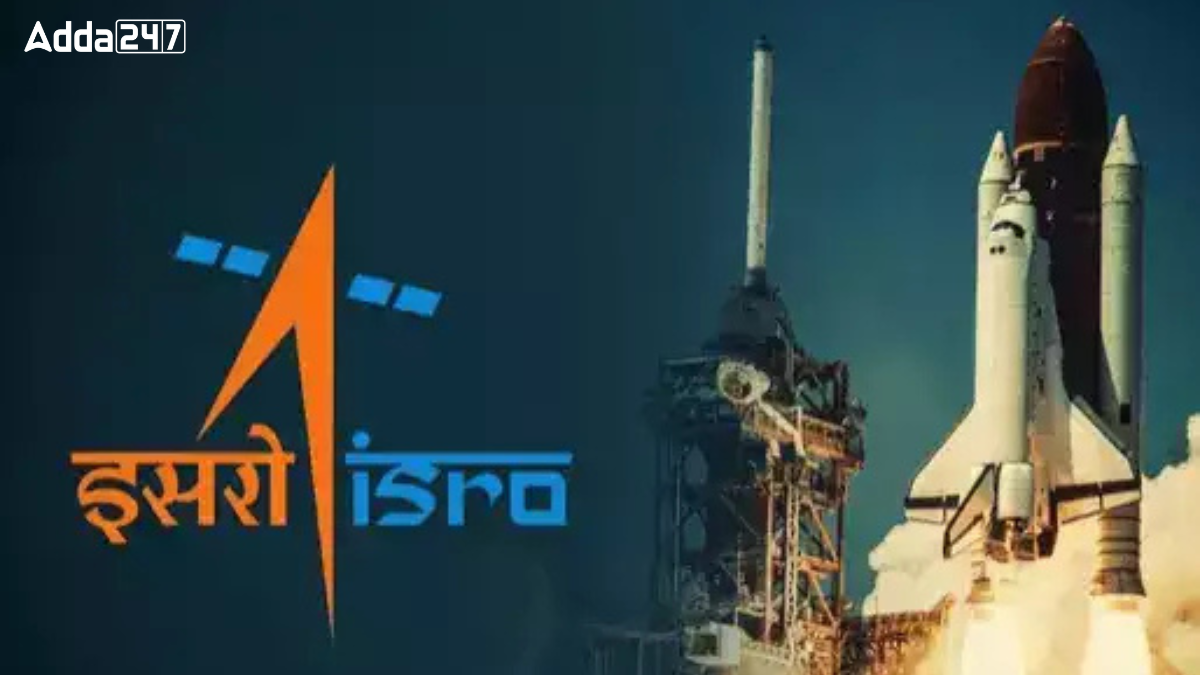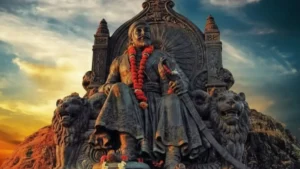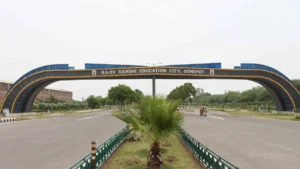The Indian Space Research Organization (ISRO) is India’s space agency, known for remarkable achievements in space exploration. Since its beginning in 1963, ISRO has been led by visionary chairmen who contributed significantly to India’s growth in space technology. This article lists all ISRO Chairmen from 1963 to 2024 and highlights their contributions.
An Overview of ISRO
The Indian Space Research Organization (ISRO) is India’s national space agency, overseeing space exploration, satellite launch, and technology development. Establishment in 1969, it operates under the Prime Minister, with the Chairman as its leader, ISRO developed India’s first satellite, Aryabhata, and conducts Moon and Mars missions. Its programmes aid socio-economic growth, including disaster management, navigation and international space cooperation.
List of ISRO Chairmen from 1963 to 2024
Since 1963, ISRO has had 11 chairpersons. On January 12, 2022, S. Somnath was chosen as the 11th chairman by the Appointments Committee of the Cabinet (ACC). Dr. Vikram Sarabhai was the first person who served as the Chairman of ISRO.
Here is the complete list of all ISRO Chairmen from 1963 to 2024:
| S. No. | ISRO Chairman | Tenure | Length of Term |
| 1. | Dr. Vikram Sarabhai | 1963 to 1971 | 9 years |
| 2. | Prof. M.G.K. Menon | Jan. 1972 to Sep. 1972 | 9 months |
| 3. | Prof. Satish Dhawan | 1972 to 1984 | 12 years |
| 4. | Prof. U.R. Rao | 1984 to 1994 | 10 years |
| 5. | Dr. k. kasturirangan | 1994 to 2003 | 9 years |
| 6. | G. Madhavan Nair | 2003 to 2009 | 6 years |
| 7. | Dr. k. Radhakrishnan | 2009 to 2014 | 5 years |
| 8. | Dr. Shailesh Nayak | 2015 to 2015 | 11 days |
| 9. | A.S. Kirar Kumar | 2015 to 2018 | 3 years |
| 10. | Dr. K. Sivan | Jan. 2018 to Jan. 2022 | 3 years |
| 11. | S. Somnath | 12 Jan. 2022 to Present | Incumbent |
ISOR Chairmen from 1963 to 2024 in Brief
Since 1963, ISRO has been led by remarkable chairmen who shaped India’s space journey. Their leadership brought groundbreaking achievements, making ISRO a global leader in space exploration and technology.
Vikram Sarabhai
Tenure: 1963 to 1972
He is considered the father of the Indian Space Program. Vikram Sarabhai established three institutions:
- Physical Research Laboratory (PRL), Ahmedabad.
- Indian Institute of Management (IIM), Ahmedabad.
- Vikram Sarabhai Space Centre, Thiruvananthapuram.
- Faster Breeder Test Reactor, Kalpakkam.
M.G.K. Menon
Tenure: January 1962 – September 1972
He was known for his work on cosmic rays and particle physics, particularly on the high-energy interactions of elementary particles.
- One of his important contribution was nurturing the Tata Institute of Fundamental Research, Mumbai.
- He won the Abdus Salam Award and was a member of the Pontifical Academy of Sciences.
- The asteroid 7564 Gokumenon was named in his honour in late 2008.
Satish Dhawan
Tenure: 1972 to 1984
In 1972, he took over as Chairman of ISRO succeeding Vikram Sarabhai. His efforts led to operational systems like INSAT and PSLV in India.
- He was one of the most eminent researchers in the field of turbulence and boundary layers.
- He was regarded as the father of experimental fluid dynamics research in India.
Udupi Ramachandra Rao
Tenure: 1984 to 1994
He took responsibility for the establishment of satellite technology in India in 1972. He was in the lead role in designing the first Indian Satellite ‘Aryabhata’ in 1975.
- He was also the chairman of the Governing Council of the Physical Research Laboratory at Ahmedabad and Nehru Planetarium at Bengaluru and chancellor of the Indian Institute for Space Science and Technology.
- He is also known as ‘The Satellite Man of India’.
Krishna Swami Kasturirangan
Tenure: 1994 to 2003
Under his leadership, ISRO has witnessed several major milestones in the name of PSLV and GSLV. He was also the Project Director for India’s first two experimental earth observation satellites, BHASKARA-I and II.
- He was also the director of the National Institute of Advanced Sciences, Bangalore.
- He is a recipient of three major civilian awards: the Padma Shri, the Padma Bhushan and the Padma Vibhushan.
Shri G. Madhavan Nair
Tenure: 2003 to 2009
Chandrayaan-1 was launched under the chairmanship of Madhavan Nair. During his tenure, ISRO accomplished 25 successful missions.
- He was awarded with Padma Vibhushan in 2009.
- He was the chairman of the Board of Governors of the Indian Institute of Technology, Patna.
- He was also the chairman of the Space Commission and chairman of the Governing Body of the Antrix Corporation.
K. Radhakrishnan
Tenure: 2009 to 2014
India’s first interplanetary mission ‘Mangalyaan’ was launched under the leadership of Dr. K. Radhakrishnan.
- He had a brief stint of five years 2000 to 2005 in the Ministry of Earth Sciences as a Director of the Indian National Centre for Ocean Information Services (INCOIS).
Shri A S Kiran Kumar
Tenure: 2015 to 2018
He has done a commendable job in the launch of Chandrayaan-1 and the Mars Orbiter Mission of India. Indian National Regional Navigation System (INRVS) and GAGAN have been developed under his supervision.
- H was honoured with India’s fourth highest civilian award, Padma Sri in 2014.
- He also served as a director of the Ahmedabad Space Application Centre.
K. Sivan
Tenure: 2018 to 2022
His tenure has been marked with the launch of Chandrayaan-2 and the acceleration of India’s manned space programme.
- He also served as the director of Vikram Sarabhai Space Centre and Liquid Propulsion Systems Centre.
S. Somnath
Tenure: January 2022 to Present
S. Somnath has been appointed as the eleventh chairperson of the ISRO by the Appointments Committee of the Cabinet (ACC).
- Somnath also served as the director of Vikram Sarabhai Space Centre and Liquid Propulsion Systems Centre.
- He is also known for his contributions to launch vehicle design, particularly in the areas of launch vehicle systems



 Shivaji Maharaj Jayanti 2026: Why 19 Feb...
Shivaji Maharaj Jayanti 2026: Why 19 Feb...
 Which District of Haryana is known as th...
Which District of Haryana is known as th...
 Top-5 Richest Cities in India by GDP 202...
Top-5 Richest Cities in India by GDP 202...








